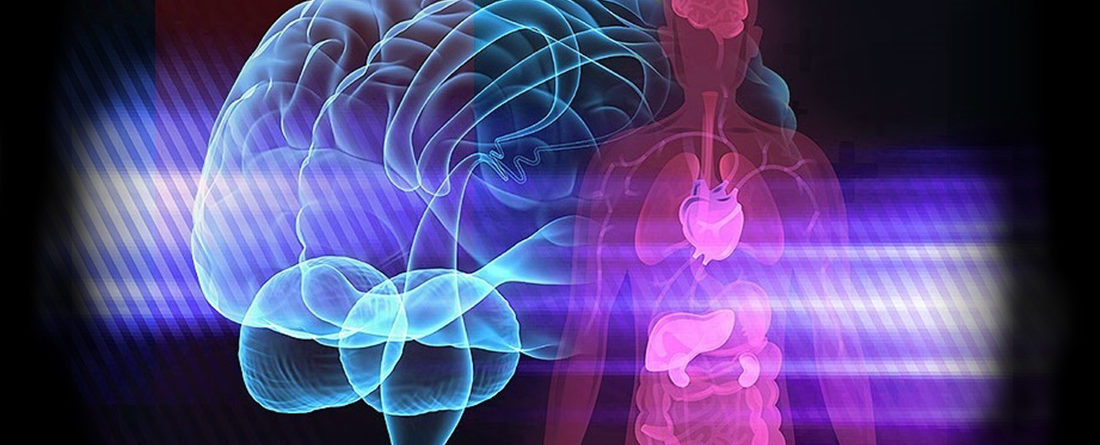The Effects Of Metabolic Balance In The PKU Brain
Helping people to feel balanced, feel better, and then make the most of their lives is what truly drives everyone here at Cambrooke. But there’s another side to “balance” we’re going to focus on today, and that is metabolic balance.
If you are living with PKU you know that the act of eating food is not only about satisfying your hunger, as it is with others. The act of eating with PKU requires a very conscious approach to food consumption because the body does not process food in the same way.
Every meal is like a chemistry test. And every meal requires nothing short of an “A.”
Neurological chemistry of PKU.
To get an “A” in anything requires a full understanding of the subject, right? So let’s break PKU down to the molecular level.
PKU, or phenylketonuria, identifies the problem right there in the name. People living with phenylketonuria are unable to process the amino acid phenylalanine, or Phe for short. Phe is found in high-protein foods like eggs, meat, nuts, dairy foods and beans. To understand the problem Phe presents in people with PKU requires understanding how the body processes amino acids.
There are 20 different amino acids found in protein. They can be combined in nearly countless ways to form different kinds of protein. Now, when a person eats protein her body breaks the protein down into individual amino acids and then recombines those amino acids to make its own proteins.
Fact is, a normal body can make 11 of the 20 amino acids by itself. The remaining 9 are called “essential amino acids” because your body can’t make them and, so, must get them from food. Phenylalanine is one of those 9 essential acids and our livers use an enzyme called phenylalanine hydroxylase to change some of the Phe into a non-essential amino acid called tyrosine. Tyrosine is not only used to build your own proteins but also to make dopamine, a critical neurotransmitter you’ve probably heard of.
Having PKU means your body doesn’t have enough of that enzyme, phenylalanine hydroxylase, which in turn means two things: one, your Phe levels build up to toxic levels and two, tyrosine becomes an essential amino acid since your body isn’t making any.
With us so far?
Well, it’s with this metabolic understanding that we design our foods and formulas. Providing the body with natural intact protein balanced with the right level of amino acids imparts a metabolic cascade in the body that can positively impact muscle, brain, digestion and even your bones.
Balance is an achievement, not a given.
For people unaffected by PKU, metabolic balance just happens. For people with PKU, it must be constantly achieved. Every meal is an achievement.
And the strategy is simple. Eat low protein foods to minimize the amount of Phe in the body to process. And then supplement with formula that provides the 9 essential amino acids. Sounds simple, but so much can go wrong.
People with PKU are human, after all. If the food doesn’t taste good, then they are less likely to eat it, and balance can’t be achieved. If the formula makes someone else gag, same thing. Or if the wrong quantities are consumed, or social stigma gets in the way, or if a dish is too difficult to prepare. No balance.
While we can’t mitigate everything that can go wrong, we are constantly researching and innovating new low-protein foods that are easy to prepare and taste great (or as good as humanly possible). And the exacting measures we take with our formulas to make sure the nutrients are just right, the flavor is better than tolerable and the packaging is not embarrassingly clinical.
In short, we work hard to make it as easy as possible for people living with PKU to stay metabolically balanced. Because it’s the only way they will ever feel better in their lives.
All to help us in our mission to help people with PKU…
Feel Balanced. Feel Better.



Leave a Reply
You must be logged in to post a comment.